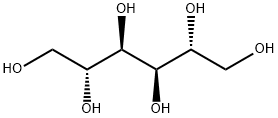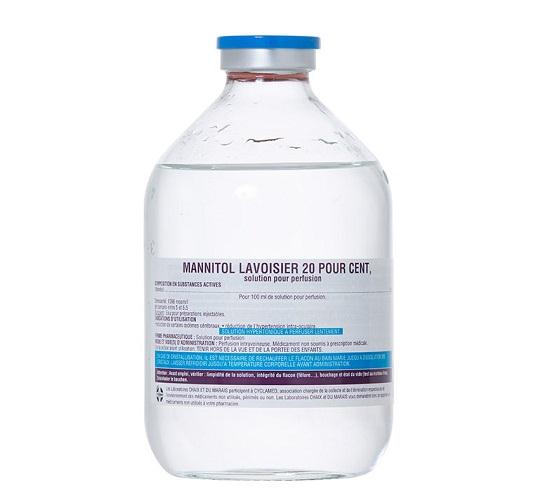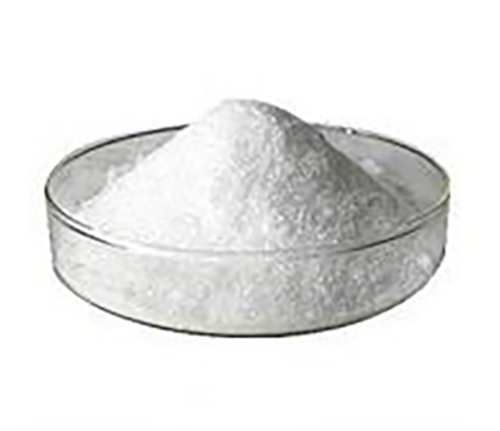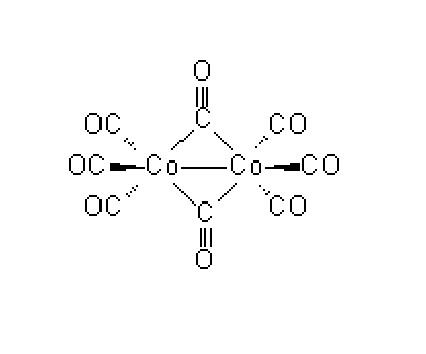Mechanism of Mannitol
Mannitol is an alcohol produced by the reduction of mannose. It is absorbed unreliably from the GI tract and therefore has to be given by i.v. injection; bolus doses of 0.25–1 g kg–1 are used. Initially it stays within the intravascular space but is then slowly redistributed into the extravascular compartment.
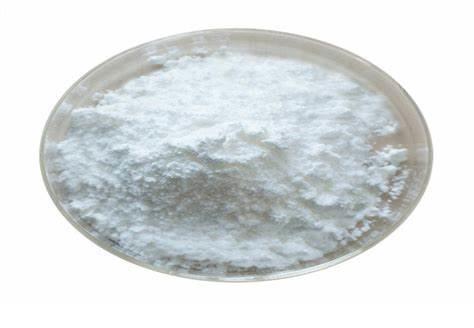
Metabolism
Mannitol does not undergo metabolism and is excreted unchanged through the kidneys. Mannitol expands intravascular volume and then undergoes free glomerular filtration with almost no reabsorption in the proximal tubule. This leads to an osmotic force that retains water and Na+ in the tubule, with a consequent osmotic diuresis – that is, increased urinary excretion of N a+, water, HCO3 – and Cl–.
Mechanism of action
Mannitol does not alter urinary pH. The increased renal blood flow reduces the rate of renin secretion; this decreases the urineconcentrating capacity of the kidney. I t is primarily used as rescue therapy in the seing of raised intracranial pressure to draw fluid by osmosis from swollen brain cells. I t is also used for reduction of intraocular pressure. I t takes 15–30min to have maximal effect and is given as a bolus dose as mannitol molecules may cross the blood– brain barrier and continuous infusion is thought to worsen raised intracranial hypertension.
Mannitol may have other effects when given for raised intracranial pressure, including reduction in blood viscosity and free radical scavenging. I t is osmotically active and will act as an unmeasured osmole and increase the osmolar gap if calculated.
You may like
Related articles And Qustion
Lastest Price from Mannitol manufacturers

US $10.00-5.00/KG2025-06-27
- CAS:
- 87-78-5
- Min. Order:
- 1KG
- Purity:
- 99%
- Supply Ability:
- 100000kg

US $0.00/KG2025-04-21
- CAS:
- 87-78-5
- Min. Order:
- 1KG
- Purity:
- 98%min
- Supply Ability:
- 30tons/month
